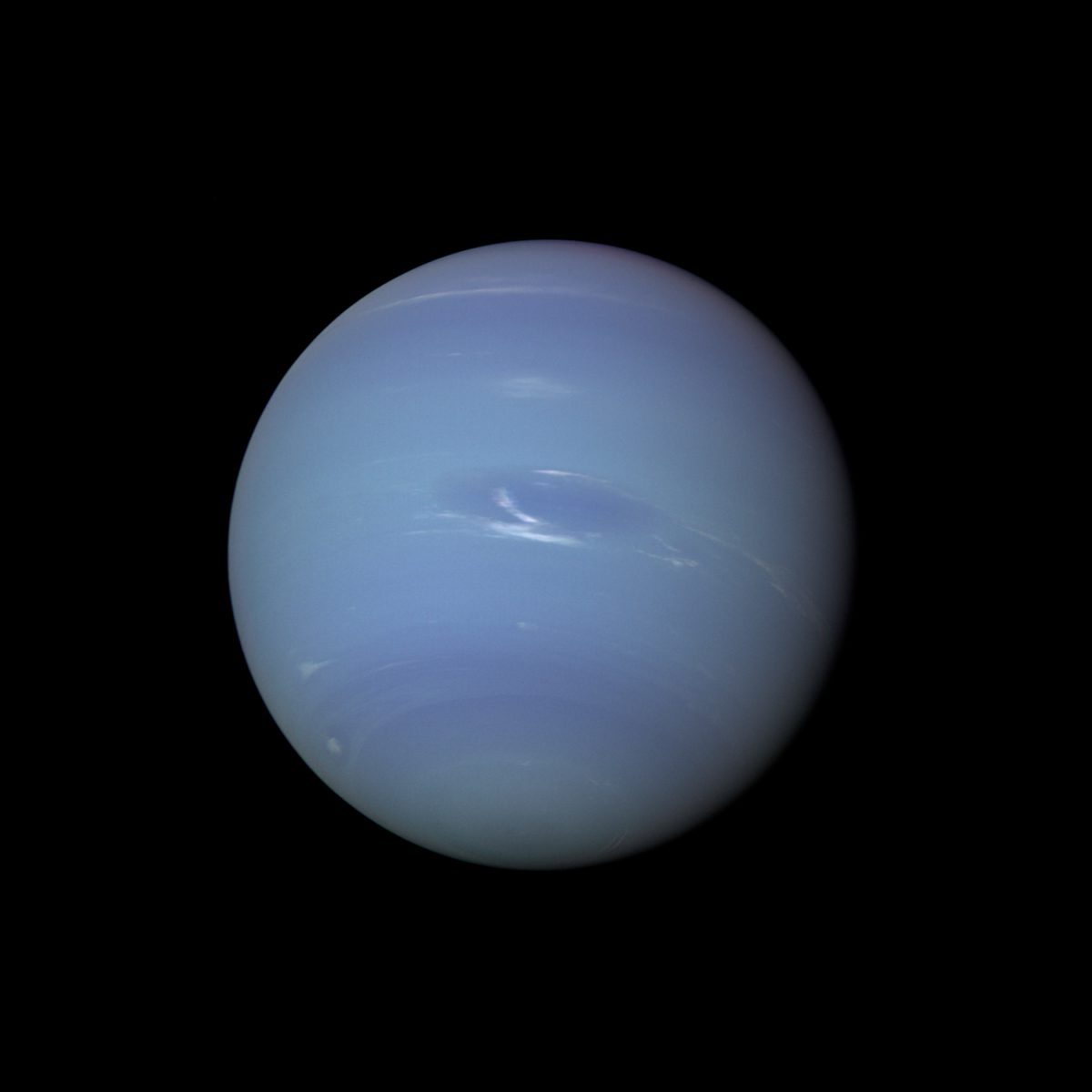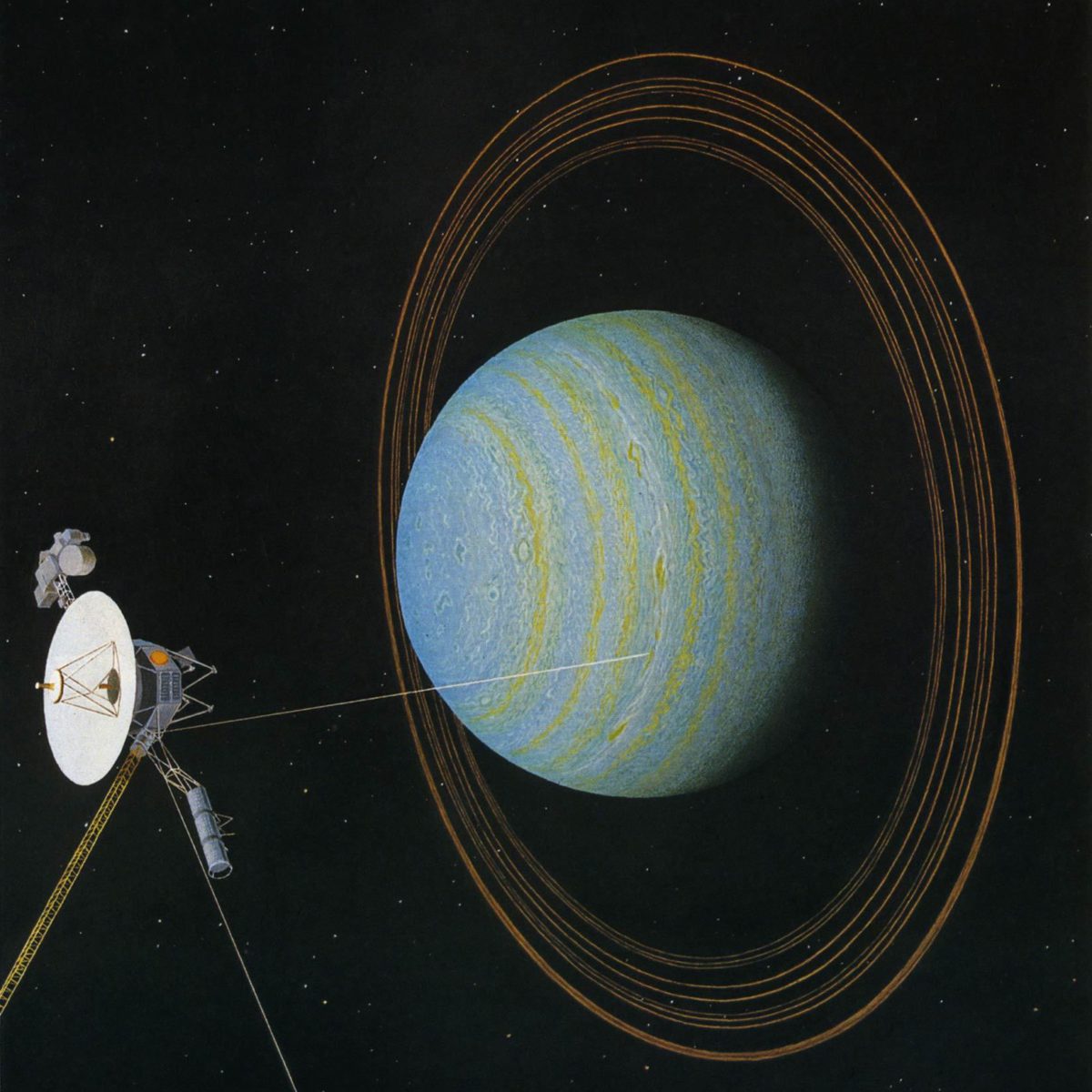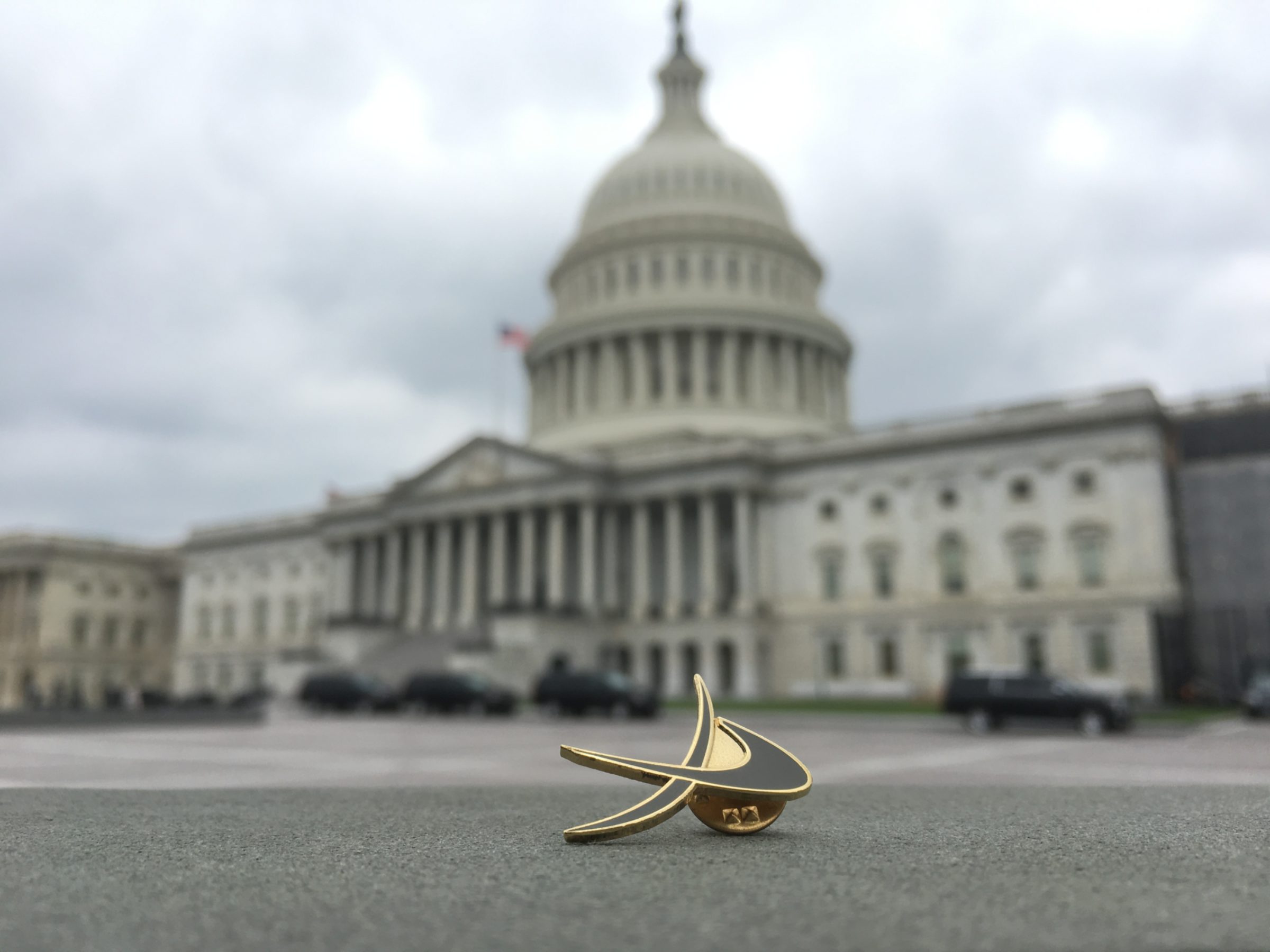We believe the public should inform space policy
through civic engagement
Our Approach
Space missions don't just happen. Smart policy and stable funding are critical for success in both private and public space exploration. To this end, The Planetary Society pursues political advocacy to guide legislation and to educate, train, and mobilize our members to be effective space advocates. We also generate space policy to help build consensus about where to explore and how best to get there.
The Planetary Society's Space Policy and Advocacy program
- Is independent—it accepts no corporate or government funding.
- Empowers individuals to be effective advocates for space exploration.
- Educates the U.S. Congress to support our core enterprises of planetary exploration, planetary defense, and the search for life.
- Develops original research and policy solutions to support the work of policymakers around the world.
"We need to make sure that we have groups like The Planetary Society always engaged, always interested. Get your friends involved, grow the base of the community that is necessary to support space exploration and the science and the discovery that goes along with it. I cannot tell you how important it is."
—NASA Administrator Jim Bridenstine on Planetary Radio, April 2020
Our Results
More than 500,000 messages sent to Congress and the White House by our members and supporters in the last decade.
Helped establish the first Planetary Science Caucus
in the United States Congress
Led the fight against cuts to NASA's planetary exploration program—helping it grow by more than $1.5 billion between 2013 and 2020.
Established the Day of Action, the largest annual in-person congressional outreach event open to the public and our members.
We reach more than 32,000 subscribers each month with The Space Advocate newsletter and the Space Policy Edition podcast.
How You Can Help
There is always something you can do: whether it's writing to your political representatives, educating yourself about space policy and politics, or even sharing your love of space with your family and friends.
Take Action
Want to do something right now? If you live in the United States, our Action Center helps you reach out to Congress and the White House on relevant issues. If you'd like to up your advocacy game, consider joining us at the Day of Action—our annual event where Society members gather in Washington, D.C. to meet with congressional offices in-person.
Educate Yourself
Scientia potentia est—knowledge is power. We provide training and academic-quality data products for anyone, for free, to enable you to be a high-performing space advocate. You can also learn about The Planetary Society's positions and policy goals to see what we're doing on our members' behalf.
Stay Informed
Take it from us: keeping up with space politics is a full-time job. But we do the work for you, highlighting the most important, relevant, and consequential events so you can stay on top of the news.
Our monthly newsletter, The Space Advocate, provides a succinct summary of key events in space politics and policy. The Space Policy Edition podcast of Planetary Radio features insightful interviews with policy experts to explore the behind-the-scenes stories of how space works. We also track the developments of NASA's annual budget through Congress and regularly publish insightful policy analysis by our expert staff.
Featured Projects
The Planetary Exploration Budget Dataset
The cost per mission, per year, for every robotic planetary exploration effort in NASA's history.
Latest Articles
How we would explore Uranus or Neptune
One fact dominates the planning for any mission to Uranus or Neptune: They lie far from the sun. A newly released NASA report looks at how we can explore these icy giants.
President Trump formed a national space council. Now it needs a NASA administrator
Tomorrow, NASA acting administrator Robert Lightfoot will have served longer than any other temporary head of NASA without having a successor nominated to fill the position.
This giant, flower-shaped starshade creates an artificial eclipse to see distant exoplanets
Starshade is a proposed flower-shaped spacecraft that can create an artificial eclipse, allowing space telescopes to spot planets orbiting distant stars.
Revisiting the ice giants: NASA study considers Uranus and Neptune missions
Only one spacecraft has ever visited Uranus and Neptune: Voyager 2, in the late 1980s. A new NASA report explores the reasons to go back, and what type of mission might take us there.


 Explore Worlds
Explore Worlds Find Life
Find Life Defend Earth
Defend Earth







